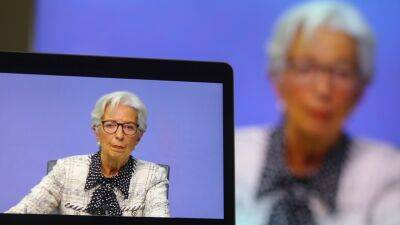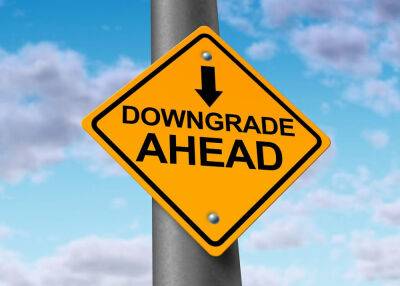‘A bigger paycheck? I’d rather watch the sunset!’: is this the end of ambition?
Until 2020, I lived by five-year plans. I had set my career track when I was still a child, racing through school to get to university, then university to get to work. I was often described as “driven” – approvingly by teachers and bosses, and pejoratively by ex-boyfriends, who perhaps felt they had got the raw end of the deal.
When I was 28 years old, I started seeing a therapist to find out how to work more and better. She and I discussed my career more than we did my childhood, or my mental health, or my love life. I didn’t want a partner, I told her, because they would just be a distraction.
She might have challenged me had I not stopped seeing her because of the pandemic. By then I had been freelance for six months. Through lockdown, I worked all day, most days, and several nights through to dawn. At first there was a perverse solace to this: I was still making progress, even though I was stuck in one place. Then, one September morning after yet another all-nighter, I came to a sudden, painful stop.
My burnout was especially distressing for being self-inflicted; I felt bewildered and betrayed, as if my trusty north star had led me astray. Gingerly, I started interrogating my ambition: what was I seeking from work, and where might this feeling be better sourced?
By my 30th birthday, in March 2021, the version of myself who had organised her entire life around her career felt like a stranger. I was still productive, but no longer at the expense of my health, happiness or relationships. It was as if the fire that had been fuelling me for half my life was down to a smoulder – and for the first time, I was content to let it go out.
It turns out I was not alone. This has been called the age of anti-ambition: over the past two
Read more on theguardian.com




















